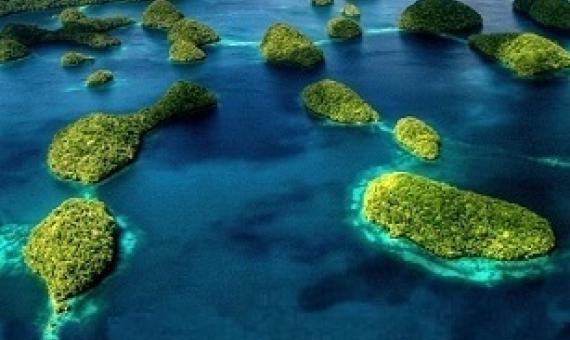Tourism and urban development as drivers for invertebrate diversity loss on tropical islands
Oceanic islands harbour a disproportionately high number of endemic and threatened species. Rapidly growing human populations and tourism are posing an increasing threat to island biota, yet the ecological consequences of these human land uses on small oceanic island systems have not been quantified. Here, we investigated and compared the impact of tourism and urban island development on ground-associated invertebrate biodiversity and habitat composition on oceanic islands.







